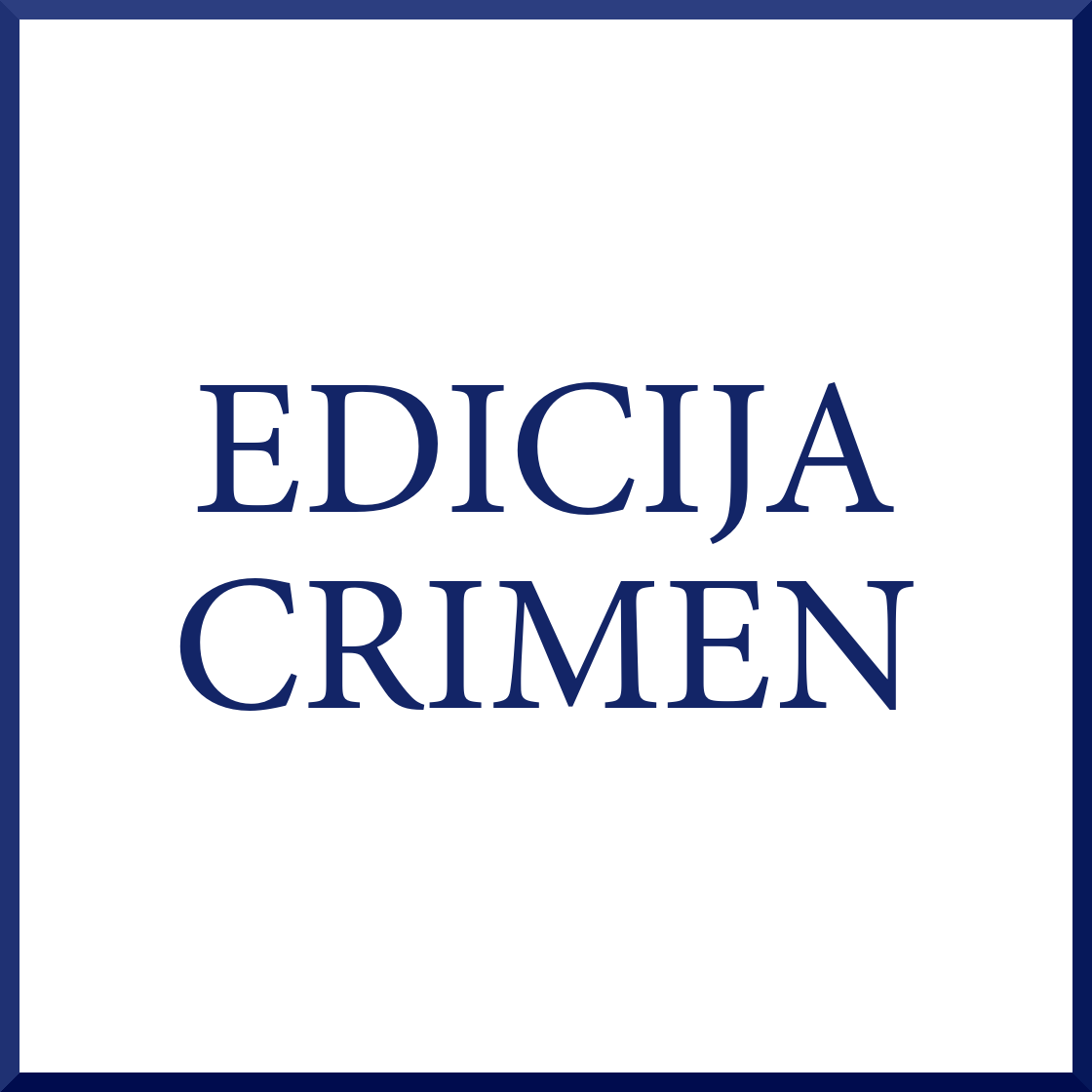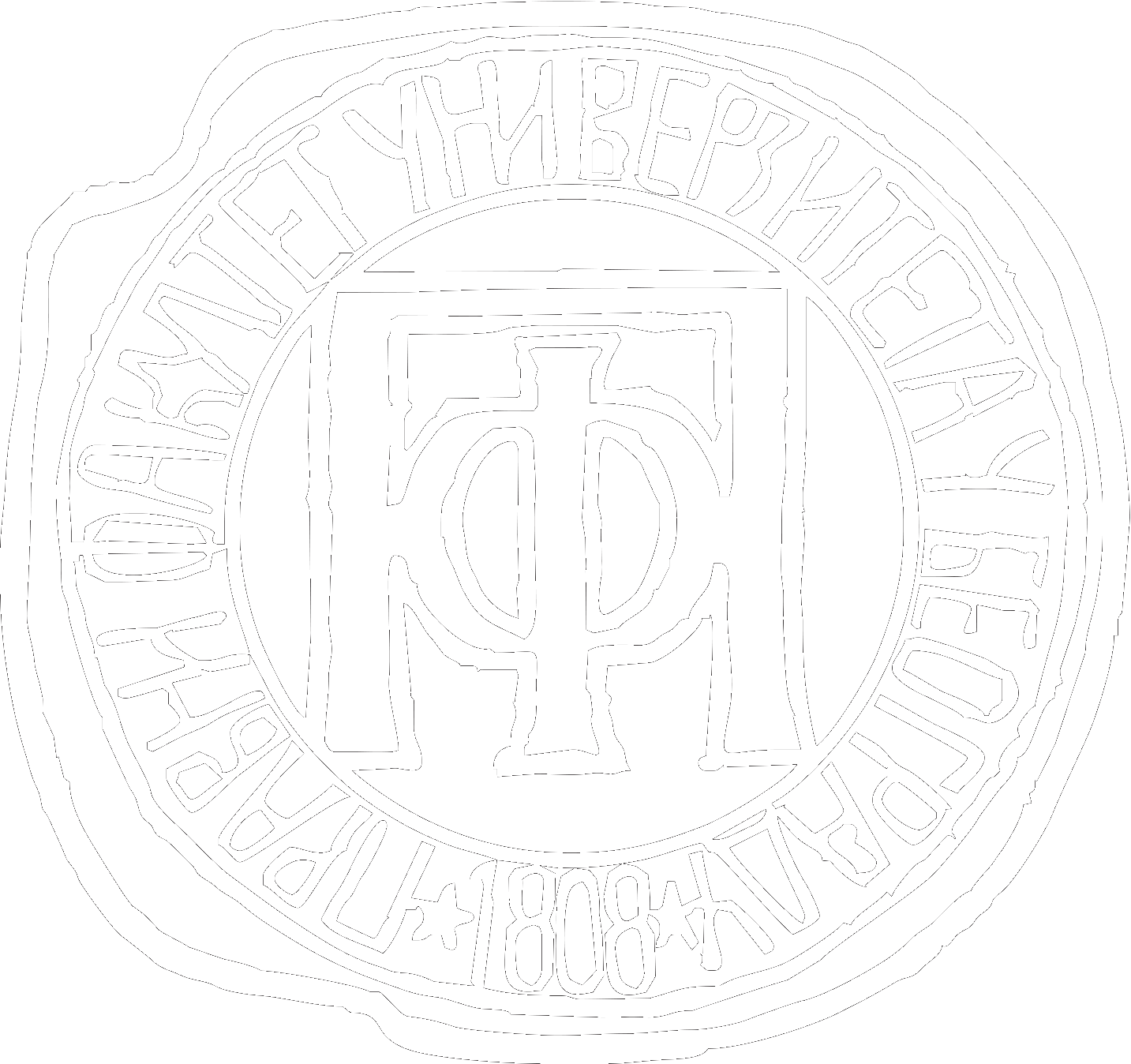Theoretical and practical aspects of narcotics abuse in criminal law regulations
Keywords:
narcotics; possession; decriminalization; smaller quantity; mitigation of penaltyAbstract
In this research paper the author discusses about crimes from group of criminal offences against human health which have legally controlled psychoactive substances as an object of perpetrator’s act. In the first place, these offences are Unlawful Production and Circulation of Narcotics (Article 246) and Unlawful Possession of Narcotics (Article 246a) and (for this work needs, partly) Facilitating the Taking of Narcotics (Article 247). In the first part of the work, there are basic theoretical questions of General part of a Criminal law which are related to these offences. It is discussed about decriminalization in the context of modern view of drugs’ problem solving. We think that legalization of drugs has no perspective in future changes of Criminal Code of Serbia. “Drug possession” is an offence which shoud be kept in our Criminal law system, despite its dogmatic and criminal policy shortcomings, such are dubious conditions for its applying. The first of them, “a smaller quantity” is legal standard and depends on the circumstances of case. The second one is” own personal use” of drugs and, it is the most criticized reason for sanctioning drug possession because it predicts that only drug addiction is the reason for incrimination. Despite some reasonable arguments, we would not completely agree with them. On the other side, there are some useful mechanisms in our current law which can meet those demands, in acts which are not socially as dangerous as, for example, manufacturing or putting into circulation. Those mechanisms are: an Act of Minor Significance (Article 18) and Remittance of Punishment (Article 58). Further, we have one disputable article which excluded some of criminal offences from Mitigation of Penalty and Unlawful Production and Circulation of Narcotics is one of them (Article 57, paragraph 2 and 3). It is controversial because it derogates general institutes of Criminal law, for example Attempt or Substantially Diminished Mental Capacity. Also, we have mentioned Seizure of Objects as one of the Security Measures in the context of the Principle of the Opportunity of Criminal Procedure, because the positive Criminal Procedure Code of the Republic Serbia has no explicit provision about it, hereof we suggest a few ideas how that problem can be solved. In the second part of the work, in which criminal offences are analyzed through the judical practice, the author pays special attention to the conditions which represent characteristics of criminal offences from Article 246 and Article 246a of the Criminal Code, especially to the difference between “keeping for personal use” and “keeping for circulation”. It is quite sensitive question because it has influence on: jurisdiction, costs of the procedure, mandatory defence, sentencing range etc. In the end, the author recapitulates basic ideas of this research paper and offers possible de lege ferenda solutions for the narcotic abuse in Serbian Criminal Law.
Downloads
References
Ashworth, A. 2005. Sentencing and Criminal Justice. Cambridge. https://doi.org/10.1017/CBO9781139051965
Davies, M., H. Croall, and J. Tyrer. 2005. Criminal Justice – An Introduction to the Criminal Justice System in England and Wales. London.
Delibašić, V. 2013. Suzbijanje zloupotreba opojnih droga sa stanovišta krivičnog prava. Doctoral dissertation, Faculty of Law, University of Belgrade.
Delibašić, V. 2014. “Pojedina sporna pitanja u vezi sa opojnim drogama u Krivičnom zakoniku.” Crimen 5 (1).
Delić, N. 2010. “Zabrana (isključenje) ublažavanja kazne u određenim slučajevima.” Crimen 1 (2).
Delić, N. 2011. “Krivičnopravni aspekt zloupotrebe opojnih droga – zakonodavstvo, teorijski stavovi i sudska praksa.” In Kaznena reakcija u Srbiji, edited by Đ. Ignjatović. Beograd.
Delić, N. 2013. “Zloupotreba opojnih droga u svetlu reforme krivičnog zakonodavstva.” In Nova rešenja u kaznenom zakonodavstvu Srbije i njihova praktična primena. Zlatibor – Beograd.
Ignjatović, Đ. 2015. Kriminologija. Beograd.
Jaros, D. M. 2012. “Perfecting Criminal Markets.” Columbia Law Review 112 (8). https://doi.org/10.2139/ssrn.1987162
Luna, E. 2012. “Prosecutorial Decriminalization.” The Journal of Criminal Law and Criminology 102 (3).
Molina, F. 2011. “A Comparison Between Continental European and Anglo-American Approaches to Overcriminalization and Some Remarks on How to Deal With It.” New Criminal Law Review: An International and Interdisciplinary Journal 14 (1). https://doi.org/10.1525/nclr.2011.14.1.123
Ristivojević, B. 2013. “Punitivni populizam srpskog zakonodavca: kritička analiza tzv. Marijinog zakona.” In Nova rešenja u kaznenom zakonodavstvu Srbije i njihova praktična primena. Zlatibor – Beograd.
Roxin, C. 2008. “Besitzdelikte.” In Stanje kriminaliteta u Srbiji i pravna sredstva reagovanja II deo, edited by Đ. Ignjatović. Beograd.
Stojanović, Z. 2010. Komentar Krivičnog zakonika. Podgorica.
Stojanović, Z. 2011. “Krivično pravo, ljudska prava i globalna kriza.” In Zaštita ljudskih prava i sloboda u vreme ekonomske krize, edited by S. Nogo. Tara – Beograd.
Stojanović, Z. 2012. Komentar Krivičnog zakonika. Beograd.
Stojanović, Z. 2013. “Da li je Srbiji potrebna reforma krivičnog zakonodavstva?” Crimen 4 (2).
Stojanović, Z. 2014. Krivično pravo – opšti deo. Beograd.
Stojanović, Z., and N. Delić. 2014. Krivično pravo – posebni deo. Beograd.
Fijnaut, C. 2014. “Legalisation of Cannabis in Some American States: A Challenge for the European Union and its Member States?” European Journal of Crime, Criminal Law and Criminal Justice 22 (3). https://doi.org/10.1163/15718174-22032047
Yankah, N. E. 2011. “A Paradox in Overcriminalization.” New Criminal Law Review: An International and Interdisciplinary Journal 14 (1). https://doi.org/10.1525/nclr.2011.14.1.1
Škulić, M. 2014. Krivično procesno pravo. Beograd.

Downloads
Published
How to Cite
Issue
Section
License
Copyright (c) 2016 Jovana Banović

This work is licensed under a Creative Commons Attribution 4.0 International License.
The authors retain copyright and grant the journal the right of first publication, allowing others to share the work with proper attribution to the authors and acknowledgment of its original publication in this journal.










